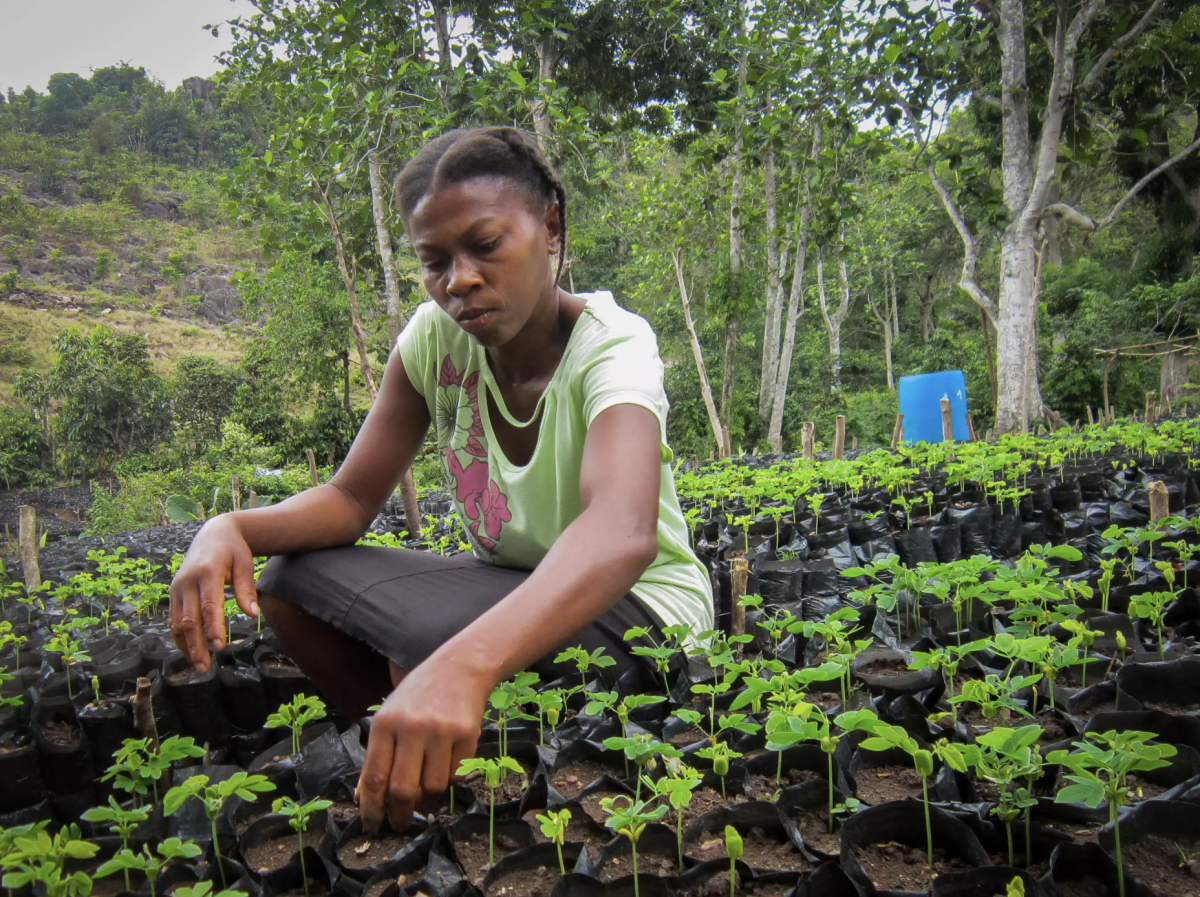Supporting Haiti to advance their NAP process
Project Overview
Sep 2015
Haiti submits their Intend Nationally Determined Contribution (INDC) to the Paris Agreement, which states their intention to develop a NAP by 2020
May 2017
The National Climate Change Policy (PNCC) is validated, providing a natural point of entry for the NAP process
Jul 2017
Haiti ratifies the Paris Agreement
Aug 2017
NAP-GSP undertakes a mission to Haiti to take stock of adaptation policies and suggest next steps for the country’s NAP process
Sep 2017
A Stocktaking Report and a preliminary roadmap for advancing the NAP process in Haiti is developed
Apr 2018
A Readiness and Preparatory Support Proposal is submitted to the GCF for potential funding for the NAP process
Ongoing
Consultation with the GCF about refining the Readiness proposal

Country background, Sustainable Development Goals and Paris Agreement
The Republic of Haiti, although rapidly urbanising, has a population that still relies heavily on subsistence agriculture and the flour and sugar industries for their livelihoods. As a small island developing state (SIDS) Haiti is exposed to the threat of sea level rise and increasingly intense hurricanes and tropical storms. These hazards are jeopardising food security, infrastructure and the safety of the population.
Haiti’s geographical location, high levels of deforestation and land degradation, and weak institutional capacity are all factors that increase the country’s vulnerability to the effects of climate change. Recent hurricanes, such as Hurricane Mathew (2016) that left 1.4 million people in need of humanitarian aid, are examples of the destruction that can be caused in a country with limited capacity to adapt to these oncoming changes.
The government of Haiti has made progress in planning for climate change adaptation, and in 2015, they stated their commitment to develop a NAP by 2020 in their Nationally Determined Contribution (NDC) which they submitted in accordance with the Paris Agreement. In 2017 they introduced the National Climate Change Policy (PNCC). This institutional framework provides a platform for the NAP process to be extended from and aims to adopt appropriate and effective adaptation actions that are aligned to the Sustainable Development Goals. This comprehensive approach will reduce the vulnerability of Haiti’s industries, economy and its people, to the effects of climate change, paving the way towards sustainable development.
How has the NAP-GSP supported to date?
|
Conducted a mission to Haiti |
In August 2017, the NAP-GSP undertook a mission to Haiti and initiated a stocktaking of available information, policies, plans, strategies and programmes relevant to the NAP process. |
|
Production of a Stocktaking Report |
Based the stocktaking mission, a Stocktaking Report was produced in consultation with all key stakeholders. This included a roadmap outlining the processes and objectives needed to develop the NAP. The participatory development of the NAP roadmap began at an inter-sectoral NAP training held in Montrouis, Haiti, and was later validated at a high-level NAP consultation workshop held in Port-au-Prince.
|
|
Helped build capacity and facilitated access to additional climate finance |
Specifically, through supporting the preparation of a Readiness and Preparatory Support Proposal, to submit to the Green Climate Fund, that outlines a NAP project a request for funding.
|
